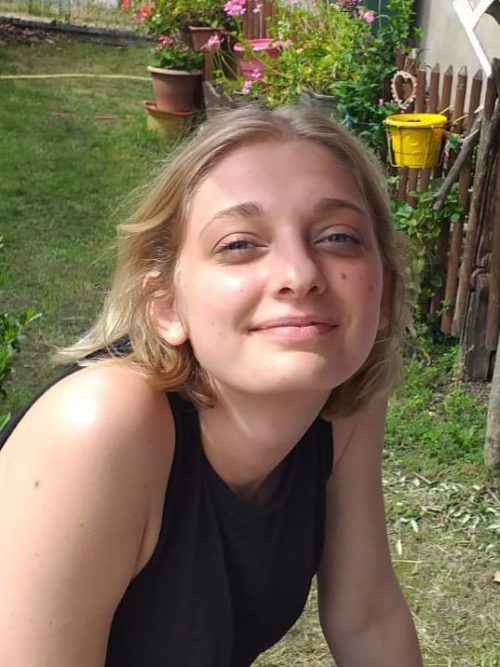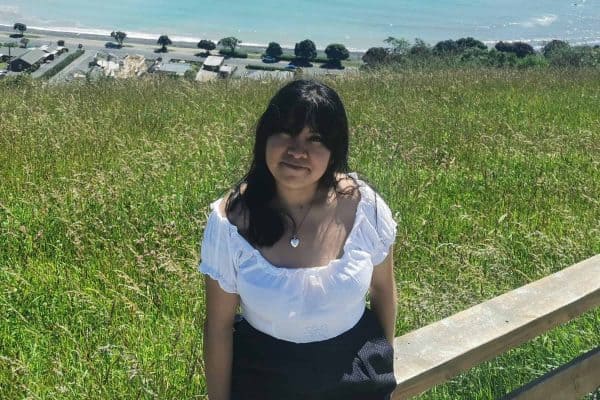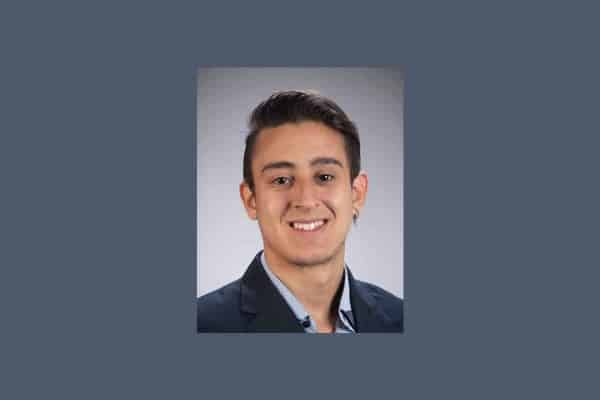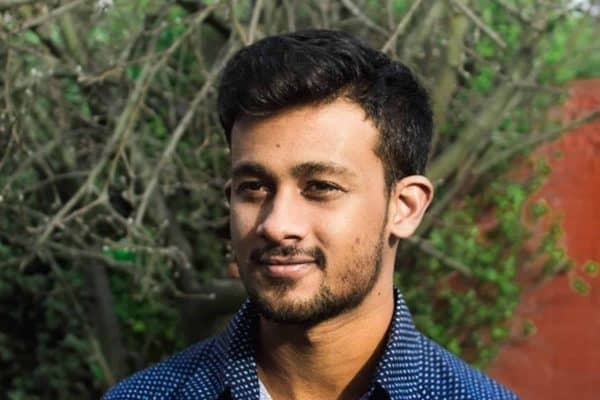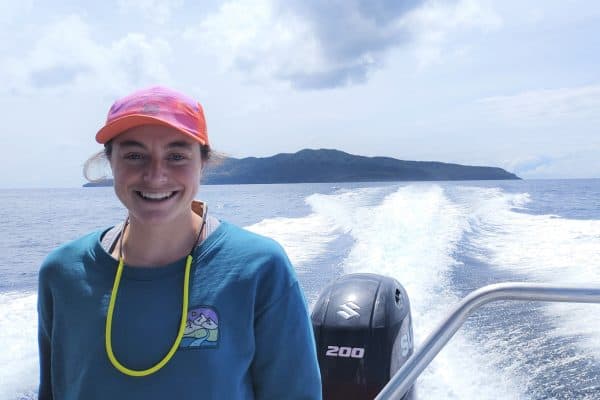Protection, Gender and Inclusion? A feminist approach to disaster law and policy
I grew up in Metz, a middle-sized city in the east of France, close to the German, Luxembourgish, and Belgian borders. I have been interested in feminist politics since I was quite young. That’s why I decided to move to Paris to study Sociology, Philosophy and Law after my high-school graduation. I already knew back then that my ultimate goal was to be able to study feminist legal theories one day. So this is what I did.
I moved to London in 2017 for a year of Erasmus exchange and ended up a year later spending one of the most fulfilling years of my life studying Gender Studies and Law at SOAS University of London. I wrote my Master’s dissertation on the structural and intersectional dimension of vulnerability in disaster law. This initial research paved the way for the development of my doctoral research project. When not studying or working on a side project, I like to volunteer with different organisations, watch documentaries, try new things, and have drinks with good friends.
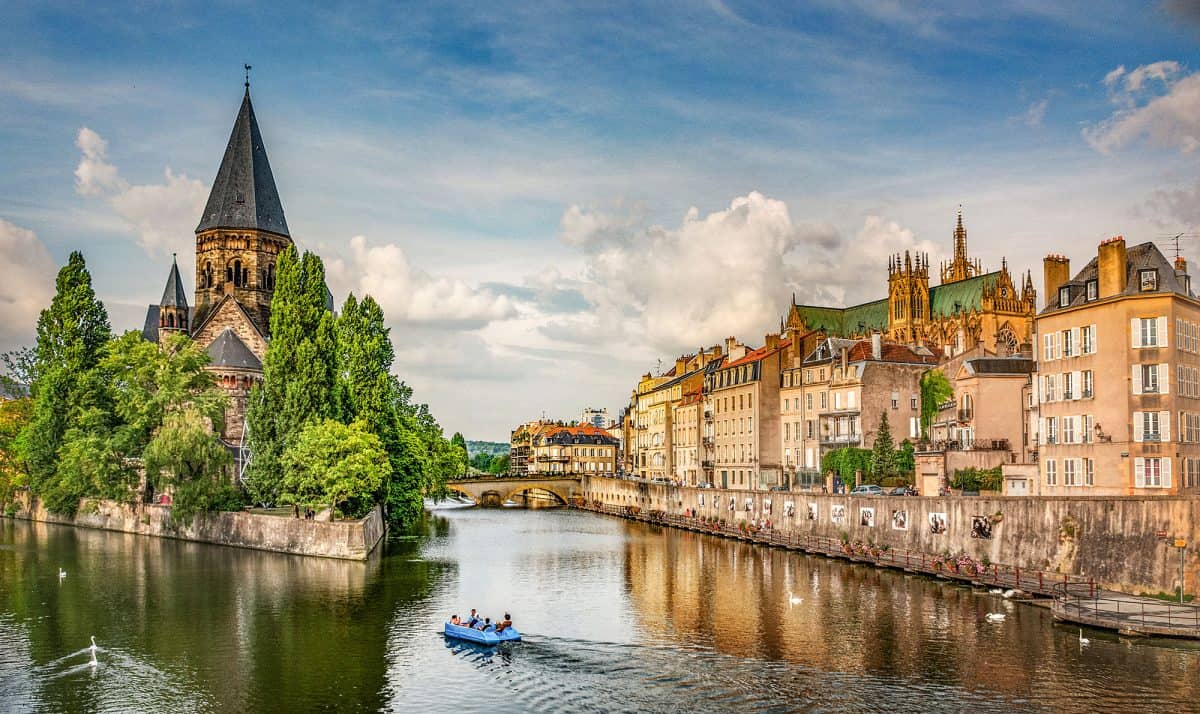
My Project
Feminist and radical disaster scholars have long showed how disasters do not affect all communities and societies equally and how some social factors such as gender identity, age, physical and mental health status, occupation, marital status, sexuality, race, ethnicity, religion or immigration status may influence potential loss, injury or death in the face of hazards. In practice, people already marginalized and exposed to structural violence and harm in ‘everyday times’ are often more likely to suffer the most and recover less easily from a disaster. This academic work partially explains the recent popularity and increasing interest in concepts of ‘protection’ and ‘inclusion’ in the disaster risk reduction and humanitarian fields. How do we ensure the unique and diverse experiences, needs and voices of all communities are recognized and considered in disaster risk reduction and management strategies, policies and practices? How do we address the unequal power relations and everyday marginalisation that underpin communities’ unequal exposure and vulnerability to disasters? Using the Northland Region and the city of Whangarei as a case study, this research hopes to provide some initial responses to these questions by developing a conceptual and policy framework for fostering the inclusion of diverse communities in disaster laws, policies and strategies and for reducing disaster risk and vulnerability more effectively and thoroughly.
Next Steps
I am currently in my second year of PhD research. I was stuck in France for several months because of the COVID-19 pandemic situation but had the chance to enter New Zealand in December 2021. Since then, I have moved to Whangarei and I am currently undertaking my fieldwork. The next steps will be to move on to analyzing my data and writing-up the thesis manuscript.
